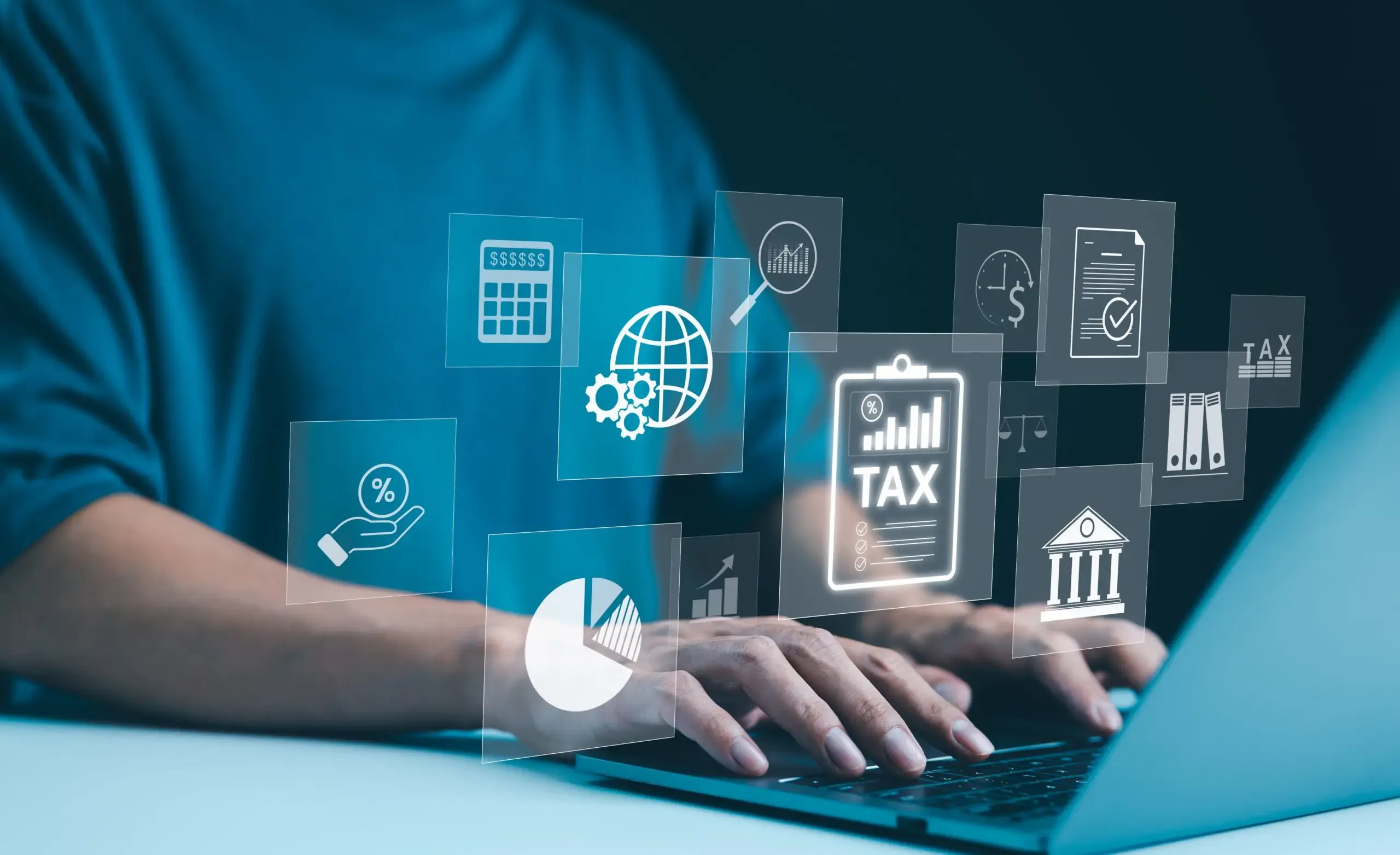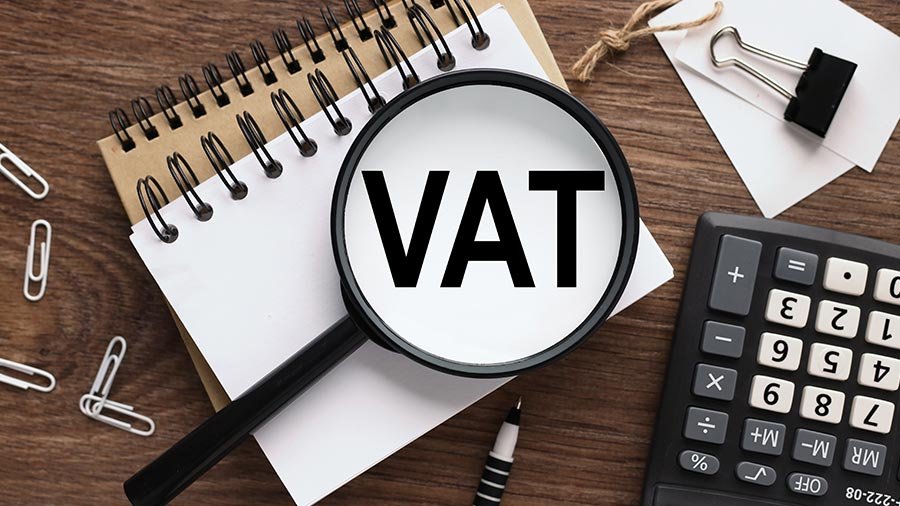- VAT registration and de-registration
- Timely filing of VAT returns
- Input/output VAT reconciliations
- Advisory on VAT treatment for specific transactions
Simplifying VAT for Your Business
VAT regulations in the UAE can often feel overwhelming, especially with frequent updates and strict compliance requirements. Our VAT Compliance Services ensure that your business remains fully compliant with local laws, while also maintaining accurate and transparent records
We handle the entire process — from registration and de-registration to timely VAT return filing, so you never have to worry about missed deadlines or penalties.


End-to-End VAT Solutions
Our team provides complete support in input and output VAT reconciliations, ensuring that your accounts are always accurate. Whether it’s routine compliance or dealing with complex transactions, we make VAT management seamless and hassle-free.

Expert Advisory for Complex Transactions
Every business has unique transactions that may require special VAT treatment. Our experts offer customized advisory to help you correctly apply VAT rules to specific cases, reducing risks and ensuring smooth audits.
VAT in UAE
What are zero-rated and exempt supplies under UAE VAT?
- Zero-rated (0%): Export of goods/services, international transport, certain healthcare and education services.
- Exempt: Residential property (second sale onwards), bare land, and local passenger transport.
Businesses dealing in exempt supplies cannot claim input VAT recovery.
Can businesses recover input VAT on expenses?
- Yes, input VAT can be recovered if expenses are directly related to taxable supplies. However, VAT on employee-related benefits, entertainment, and motor vehicles (non-business use) is usually non-recoverable.
What are common errors businesses make in VAT return filing?
- Claiming ineligible input VAT
- Missing reverse charge mechanism on imports
- Late VAT return submission
- Misclassification of zero-rated vs exempt supplies
How does the Reverse Charge Mechanism (RCM) work in UAE VAT?
- When importing goods or services, the buyer (not the supplier) is responsible for reporting VAT on the transaction. This ensures VAT is collected locally on cross-border trade.
How should businesses prepare for an FTA VAT Audit?
- Businesses should ensure proper record-keeping of invoices, contracts, tax credit notes, and VAT reconciliations for at least 5 years. Failure to provide complete documentation can result in heavy fines.

